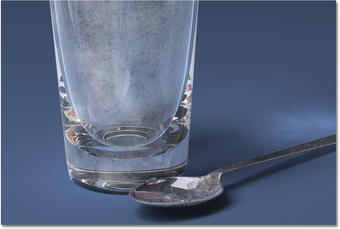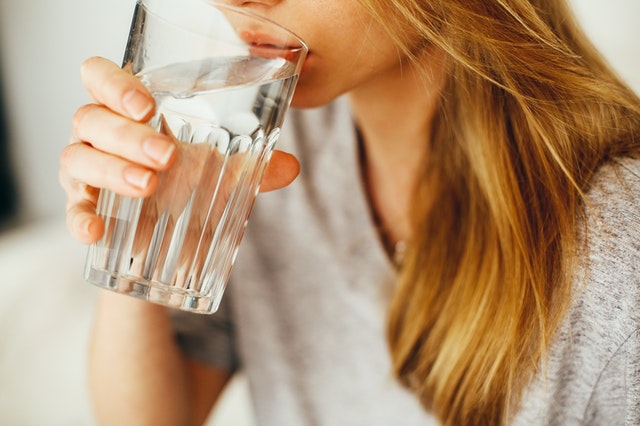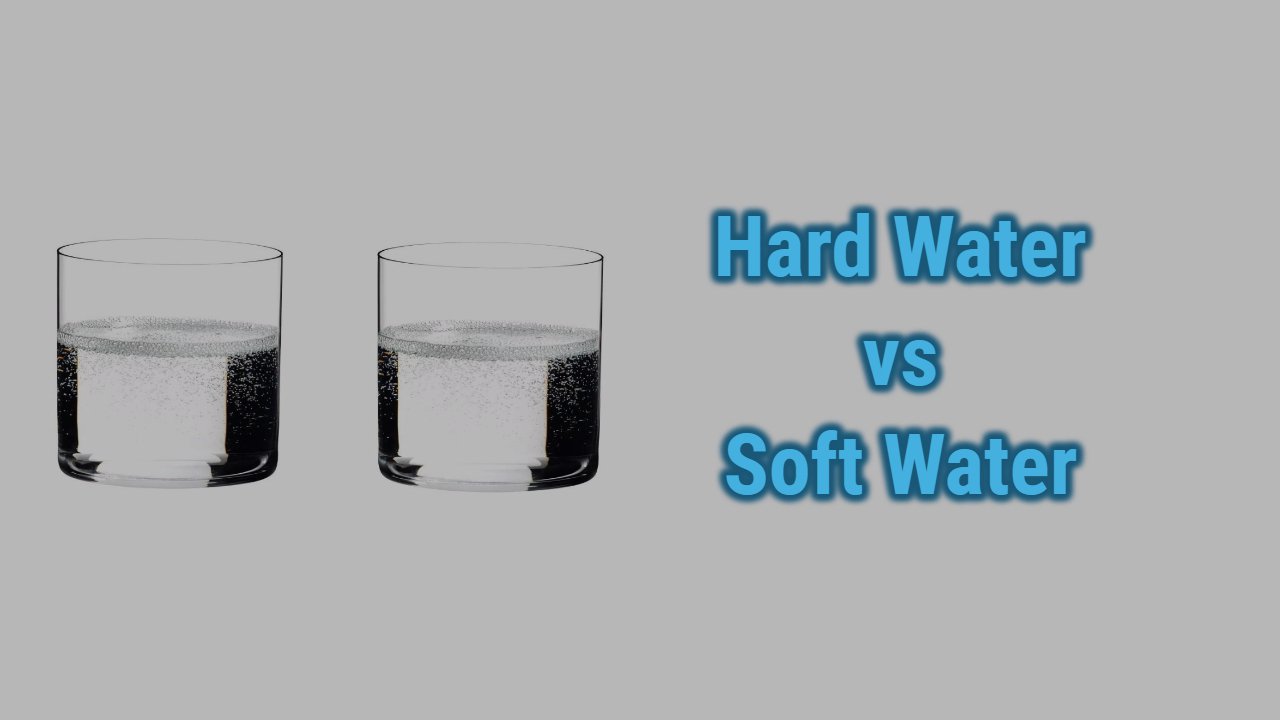Water has always been a focal point in everyone’s life. Water is an integral part of everyone’s lifestyle. In fact, without water, the world would not exist. Water is the single most important thing on earth. It’s as simple as that- “No Water, No Life.”
I’m sure you have come across news saying scientists across the globe are trying hard to find water on Mars so that human life can exist; this is how important water is.
However, the amount of exploitation done by the human race has deteriorated water quality. The World Health Organisation has specifically mentioned that water is turning poisonous day by day, and we need to stop this any time soon. Or else water-borne diseases will start taking the lives of people, and there will be a shortage of clean drinking water.
Deciding which purification system to install and maintain quality water can be a confusing task. Today, there are many filtering systems present in the market, and many companies manufacture these filters, making them even harder to choose from.
Moreover, knowing the technicality of water and their purification methods are a lot more confusing. It’s easy to install any filtration system on your premises but installing the right one is what we consider as the best choice.
I am sure most of you have heard about hard water, soft water and water softener. If you have heard, then great, and those of you who haven’t, don’t worry; we have you covered through this article.
In this article we will be going through the differences between hard water and soft water. The article will, in detail, try to make you understand hard & soft water and its merits and demerits.
Table of Contents
UNDERSTANDING HARD WATER

In simple words, hard water is referred to water that has a high amount of mineral content. Minerals like calcium and magnesium are present, making the water hard. These minerals which are referred to as hard water get dissolved in water when it passes through limestone and chalk.
When water passes through limestone and chalk, minerals like calcium and magnesium get dissolved in water, making it hard. Hard water is considered healthy water due to its high mineral content.
It is very good for drinking. Water also tastes crisp and great. The downside of hard water is that it leaves stains on your basins, faucets, clothes and makes your hair and skin rough. It can clog and impede your plumbing systems and also slow down your filters, leading it to spoil the whole machine. To get rid of the hard water problem, generally, a water softener is installed.
There are two types of hard water. One is temporary hard water, and the other is permanent hard water. Temporary hard water is the dissolved calcium and magnesium in water (these minerals dissolved are temporary).
This can be removed by boiling and adding lime to hard water. Permanent hard water generally takes place when chlorides and sulfates of calcium and magnesium are dissolved in the water. To remove these sulfates and chlorides, we need a water softener. The unit of measurement for hard water is mol/L or mmol/L.
A simple way to test if water is hard or not is using a soap test kit. You need an empty bottle, where you need to put a quarter of water to the bottle, then add one-two drops of soap to it. Then shake the bottle.
After shaking the bottle, you will find, if the soap foam is spread till the bottleneck, then the water is soft enough, and if there is less soap foam, then that means water is hard. This is the simplest way to test if the water is hard or not.
Keep in mind adding more drops of soap will lead to more hard water. You can also buy a hard water tester strip from the market.
Put the strip in the bottle containing water, wait for 5-10 seconds, strip color will change. According to color change, what kind of water it is we will come to know. You need to refer to the user guide for color reference. Having said this, let us now discuss soft water.
UNDERSTANDING SOFT WATER

Soft water means the water that has been made soft. Soft water is made by adding sodium to it. Sodium is considered a soft material, so wherever there is a problem with hard water, sodium is put to make it soft.
In some softeners, potassium is also used as it is also soft material. The best part of soft water is it won’t leave any stains on your basins, faucet, clothes etc., and moreover, it won’t cause your hair to become rough and skin irritating. Since the water is soft, it keeps pipes, plumbing systems free from clogs and white stains. It also keeps the water force up to the level.
However, the low side of soft water is that it is devoid of all minerals and it is not fit for drinking. Generally, soft waters are used by laboratories and other industries for testing and other purposes.
There are various other methods for softening water, for example, ion-exchange methods, two-tank water softener systems. Soft water is best for cooking, washing, general uses etc.
In a softener system, regular maintenance and regular adding of sodium or potassium to the water is necessary to keep water electrically charged. According to the World Health Organisation, a water-containing, Calcium carbonate which is below 60mg/l is considered to be soft water.
We have explained nicely what hard water and soft water are. Now below, you can easily differentiate between hard and soft water.
DIFFERENCE BETWEEN HARD WATER AND SOFT WATER
| No. | Hard Water | Soft Water |
|---|---|---|
| 1 | High mineral content | Low mineral content |
| 2 | The presence of calcium and magnesium makes it hard | Adding sodium or potassium makes it soft |
| 3 | Can be used for drinking | Cannot be used for drinking |
| 4 | Leaves stains on cloths, faucets and plumbing systems | Does not leave stains on clothes, faucets or plumbing systems |
| 5 | Considered unsafe for hair and skin | Keeps hair and skin smooth and conditioned |
| 6 | Forms no soap or lather | Forms soap and lather |
| 7 | An example is deep well water | Example is rainwater |
| 8 | Taste is crisp and good | Taste is salty |
| 9 | Has potential health benefits | Has less benefit due to salt content |
| 10 | Hard to clean | Cleaning is easily done |
Conclusion – WHICH IS THE BEST OPTION?
From the above information given, it is clear that both hard water and soft water have their merits and demerits. If we look specifically at drinking, then hard water is a better option since it has higher mineral content than soft water.
But it is also recommended that drinking the hard water for a long time can have an adverse effect on health. Furthermore, we have discussed that both hard and soft water is suitable and desirable.
We have also discussed its differences and how they are treated in different ways. In a wholesome scenario, hard water is better than soft water, but it could be troublesome for many due to its clogging, leaving stains issues.
For this again we will require a water softener. So it totally depends from individual to individual, on what water is required in the household or other premises.
We have discussed and made the topic very easy for our readers to get exactly what they are looking for. Choosing a water type is a matter of many points and depends solely on individuals and their locality. There are many other softeners that are sold in the market, like salt-free softeners and so forth—making a choice harder.
A simple piece of advice would be to choose your water condition based on what you exactly need and what is beneficial for your and your family’s health. Never ever compromise on drinking water; keep it clean, quality and healthy. Clean and healthy is what we all should look for when it comes to water.
Related Articles:
Salt Vs Salt-Free Water Softener
Water Conditioner Vs Water Softener
Reverse Osmosis System Vs Water Softener
Water Softener Vs Water Filter
